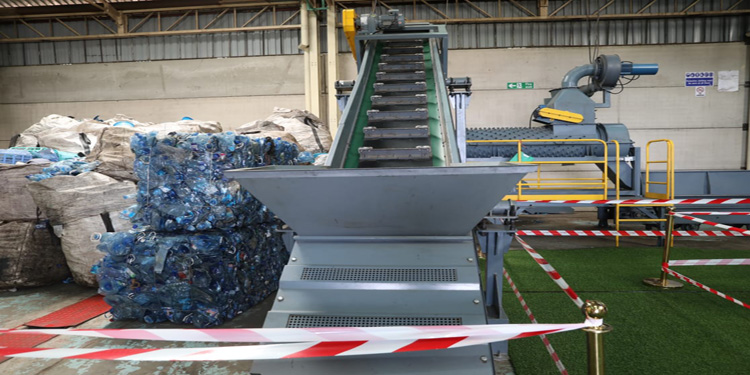 Corporate giants such as Coca-Cola and Unilever are pumping cash into a recycling initiative in Kenya they hope will provide a model for other developing countries. This voluntary scheme is all set to solve the issue along with a supportive legal backing.
Corporate giants such as Coca-Cola and Unilever are pumping cash into a recycling initiative in Kenya they hope will provide a model for other developing countries. This voluntary scheme is all set to solve the issue along with a supportive legal backing.
Many multinationals are scrambling to support the initiative of recycling and are keen to be able to re-use valuable polyethylene terephthalate (PET) plastic. Single-use plastic is going to be a key topic at next week’s global United Nations Environmental Program summit.
Kenya is progressing towards having an organized waste collection such as preventing discarded plastic bottles from choking the stinking river that uncoils through the smog of the high-rises downtown. Researchers have suggested implementation of laws to compel manufacturers to take responsibility for the waste they produce.
Although small, Kenya has a scheme. The initiative is called PETCO after a successful organization in South Africa. PETCO is headquartered in the ultra-modern Coca-Cola headquarters in downtown Nairobi. It will spend $360,000 subsidizing the collection of 5,900 tonnes of plastic bottles this year, said PETCO head Joyce Gachugi. That’s about 30 percent of Kenya’s PET waste.
PETCO is going to need about $1 million this year and funds come from grants from big brands and a $25 levy on each ton of virgin plastic resin imported by members.
The company first set up in 2010 under pressure from Kenya’s famed Nobel laureate Wangari Maathai, a fiery author who was beaten and jailed for her environmental activism before she rose to the post of assistant environment minister.
The industry is taking plastic pollution issue in consideration now and is making ways for it to grow without harming the environment. With the right measures from the government the industry is making way for new players to start jumping in the market attracting more and more investment.



